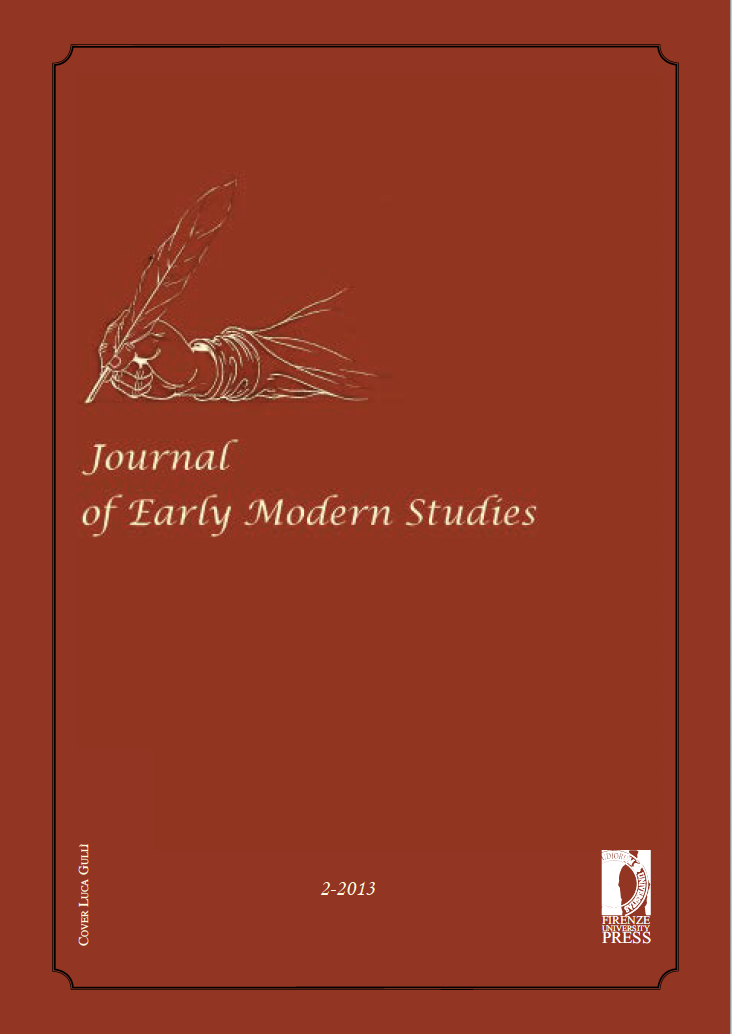Abstract
This article explores the evidence for belief in the witches’ sabbat in early modern England. England is generally thought of as a country where the concept of the sabbat did not exist, and it was certainly largely absent from elite thinking on witchcraft, as displayed in the witchcraft statutes of 1563 and 1604 and Elizabethan and Jacobean demonological writings. But evidence entering the historical record mainly via deposi- tions taken by justices of the peace suggests that there was a widespread popular belief in the sabbat or in parallel forms of witches’ meetings, evidence that the concept of the sabbat existed in popular culture. In this, the English evidence seems to support Carlo Ginzburg’s model of the sabbat being essentially a popular construction in its origins. The article also examines a play based on one of the historical incidents analysed, Richard Brome and Thomas Heywood’s The Late Lancashire Witches (1634), and uses it as a starting point for a brief discussion of witchcraft motifs in contemporary drama, notably Shakespeare’s Macbeth.


